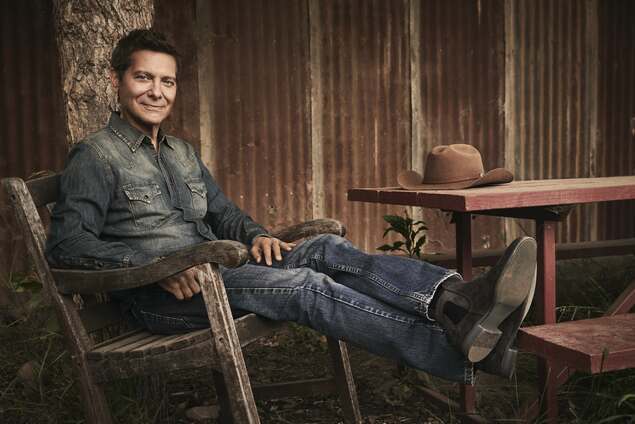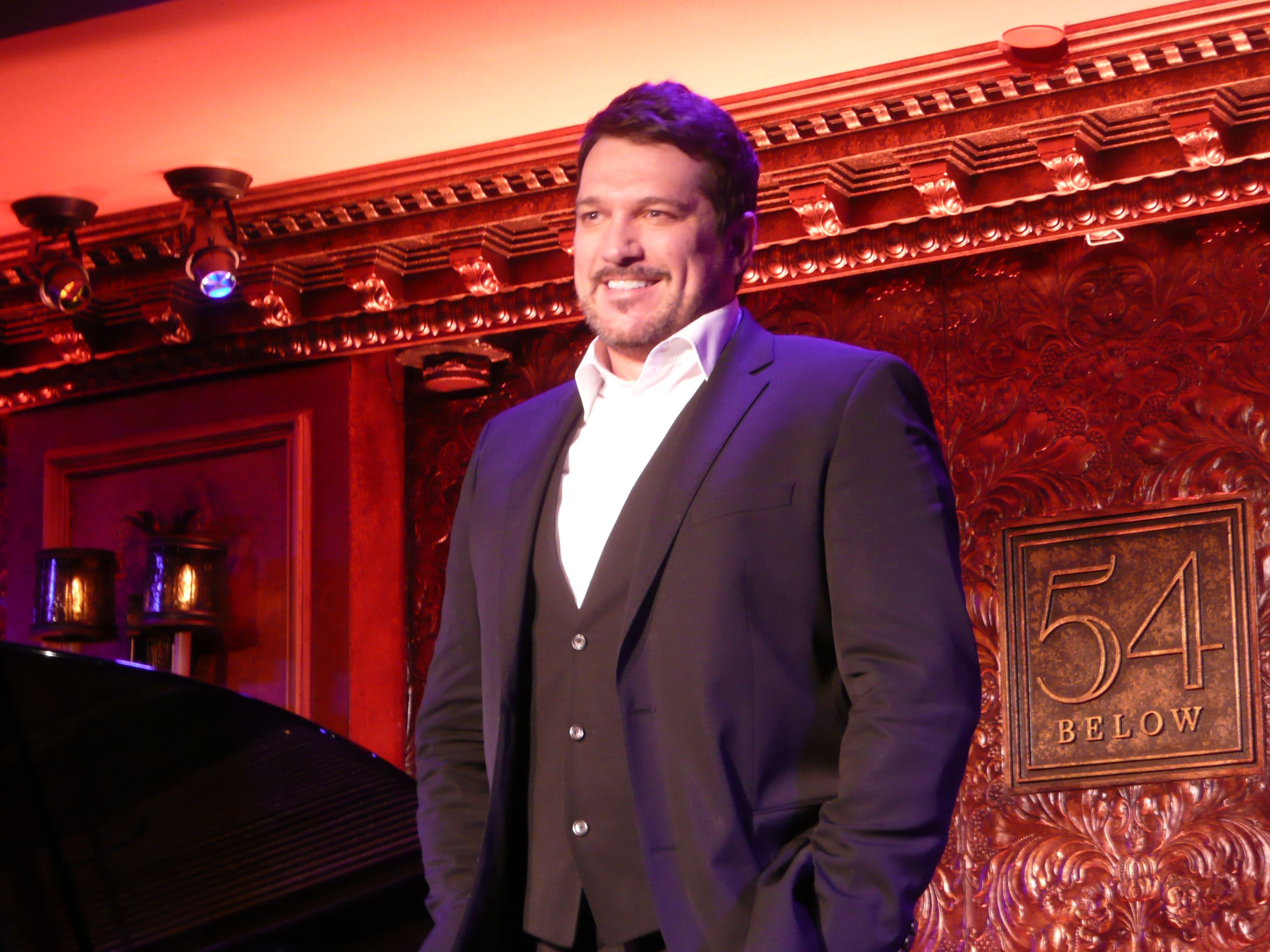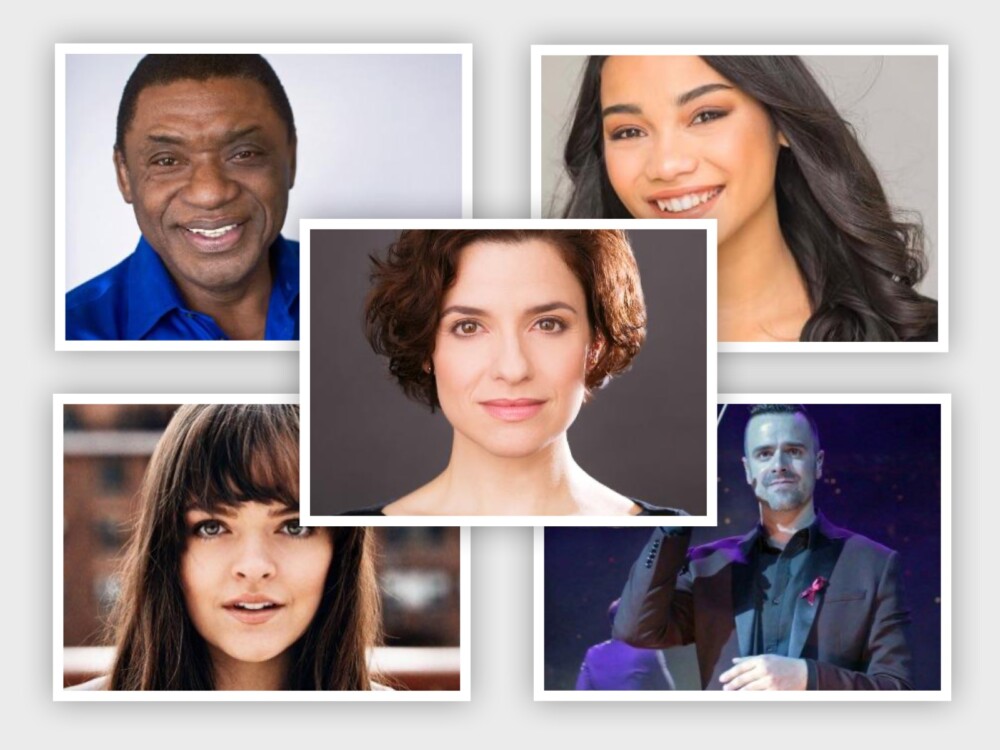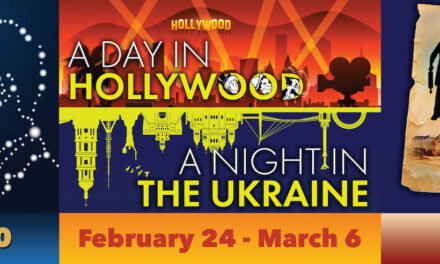By Brian Scott Lipton . . .
As his multitudes of devoted fans know, there’s nothing quite like seeing Michael Feinstein in person, as was evidenced by his recent tribute show to Judy Garland at Feinstein’s/54 Below in December — or will likely be proven again when he reignites his “Standard Time” series at Zankel Hall on February 16 with a special salute to the centennial of the late, great Peggy Lee.
But there’s nothing wrong with listening to Feinstein on records either; in the past 25 years, he has earned five Grammy Award nominations for Best Traditional Pop Vocal Album. And I won’t be surprised if he earns another nod for Gershwin Country, on which he reimagines the classic songs of George and Ira Gershwin through the contemporary lens of country music – serving up duets with many of that genre’s superstars including Dolly Parton, Alison Krauss, Brad Paisley, Vince Gill, Amy Grant, Lyle Lovett, Ronnie Milsap and Rosanne Cash.
Feinstein recently spoke with TheaterPizzazz about the creation and making of this remarkable album, how his best friend, Liza Minnelli, got involved in the project, and what he feels is the record’s ultimate mission.
Q: What was the genesis for this album?
The idea for it came many years ago when my husband Terrence and I were visiting our close friend Maya Angelou at her home in Winston-Salem. We were talking about her love for all kinds of music and recordings, and she suggested this sort of collaboration. I’ve always enjoyed country music, and I realized that the last great storytellers in this time period are country artists. So, we came up with the idea of mixing Gershwin with country music, because the bones of their songs suit themselves so well to country music. Unfortunately, Maya passed away before we could really start the process.
Q: We all know Liza Minnelli is your closest friend. Was she always involved with the album?
No, but once we finally got going, Liza started making suggestions. Not only did her father Vincente Minnelli know George Gershwin and both she and her mother Judy Garland knew Ira Gershwin, but her knowledge of their canon is extraordinary. Eventually, she came aboard as Executive Producer – and then she asked to record “Embraceable You,” because it was father’s favorite song!
Q: Was there something particularly appealing to you about doing a duets album?
I grew up listening to a lot of duet albums and my all-time favorite is “Fancy Meeting You Here” with Rosemary Clooney and Bing Crosby. Every single track on that is perfect; they never changed keys in the middle of the song to accommodate the singer, and there was this perfect arc to the selection of songs. I wanted to emulate that. I didn’t want this record to feel slapped together with just back-and-forth verses. This album has such intricate vocal arrangements, sometimes with a chorus or choir, and every phrase by every musician was thoughtfully wrought.
Q: How did you decide which songs and singers to include?
We started with a wish list, and a lot of it came true. Dolly Parton was the first person to say yes, and I think on the strength of her participation, a lot of other people also said yes. As for the songs, some of these people knew Gershwin, some did not. Some wanted a choice of several songs; some were happy to do what we asked. And ultimately, we even recorded several tracks that didn’t get used, because the finished product just felt like the right combination.
Q: How exactly did this record even get made?
We primarily worked in two studios in Nashville and tried to record together, although the final result was about 50/50. I actually flew to Texas to work with Lyle Lovett and Liza and I recorded our cut in LA. But on every song, there was a lot of back and forth between myself and the other artists; nothing ever felt anything less than collaborative. That said, it was an extraordinary achievement to get all the pieces in place — from choosing keys and creating arrangements to coordinating our schedules. I always had to visualize the finished product to keep going. Happily, it turned out better than I could have imagined. Everyone brought their artistic vision to each cut, so it felt organic to them, and I think you can hear that. This is one of the most exciting things I’ve ever done.
Q: Is there an ultimate mission to this album?
Hopefully a country music fan will hear this record and love it even if the name Gershwin means nothing to them. I truly believe a good song can appeal to anybody and they don’t have to know where it originally came from.
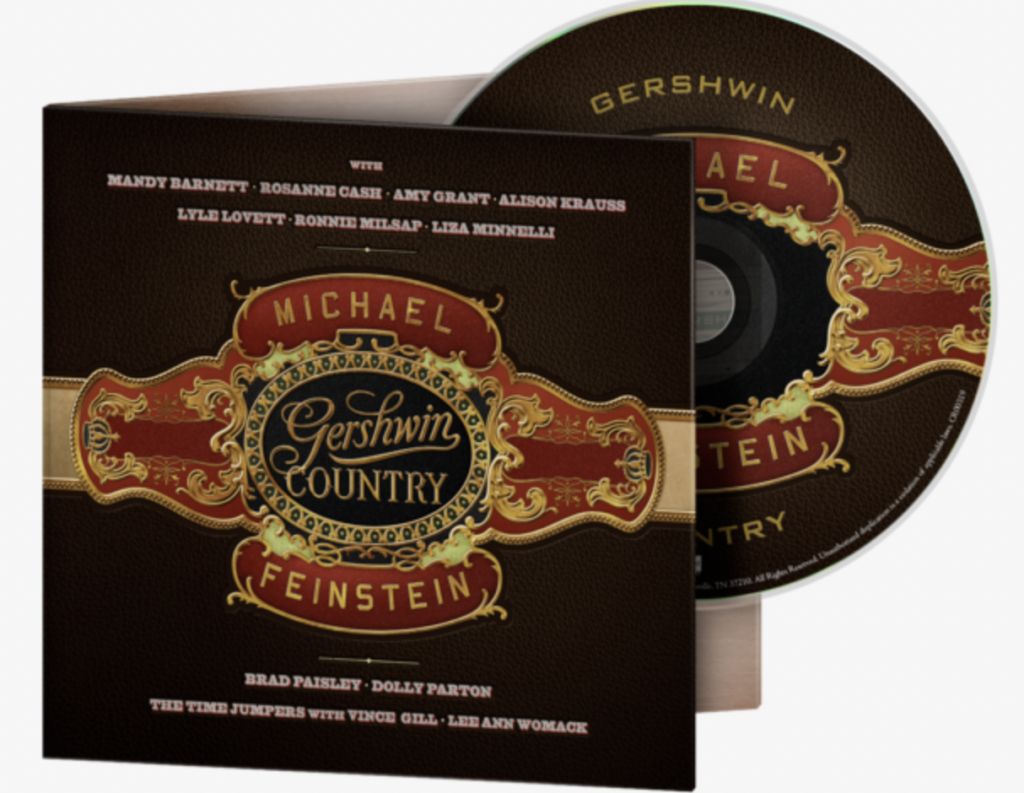
Photo: Art Streiber


